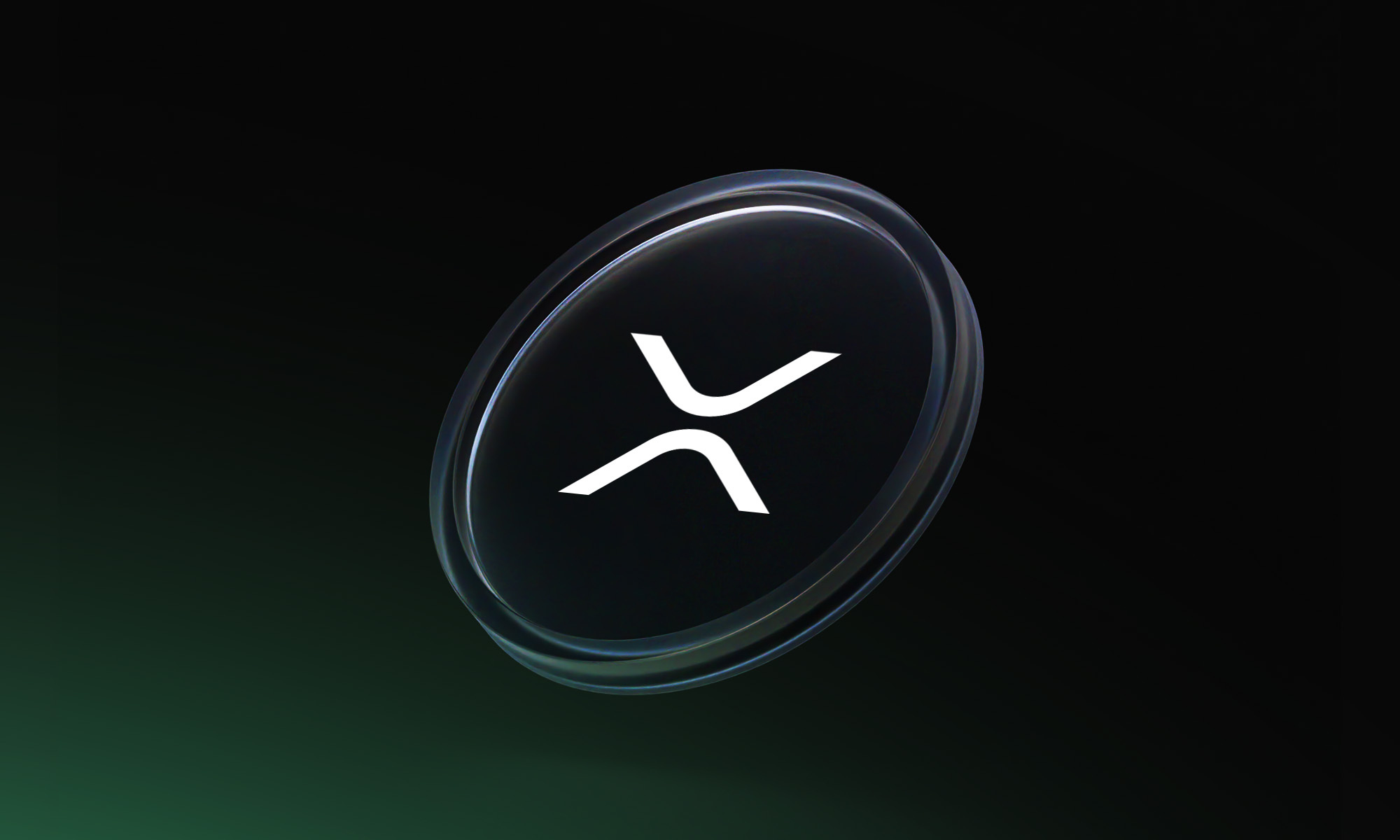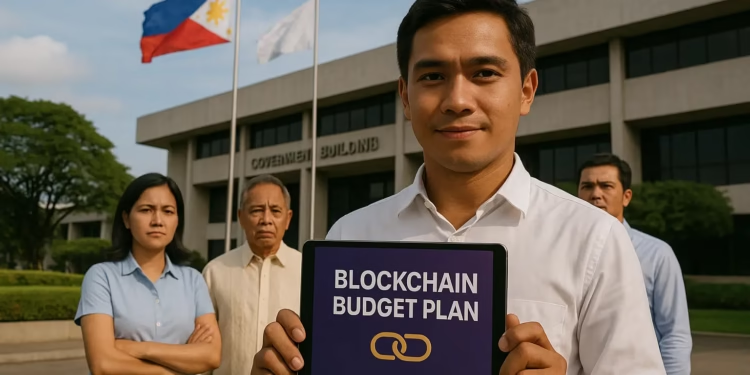Philippine Senator Bam Aquino has announced plans to file legislation that would move the country’s entire national budget onto a blockchain system, in what he describes as a bold step toward financial accountability. The Philippines blockchain budget proposals, expected to be introduced in the coming weeks, would make all government expenditures publicly traceable in real time.
“Every peso must be transparent and accountable,” — Senator Bam Aquino, in a Facebook post.
Speaking at the Manila Tech Summit, Aquino stressed that putting public finances on-chain could strengthen citizen trust in government. While acknowledging the challenges, he framed the move as both experimental and forward-looking.
“No one is crazy enough to put their transactions on blockchain, where every single step of the way will be logged and transparent to every single citizen. But we want to start,” he said.
If passed, the measure would make the Philippines the first nation to place its full budgetary process on blockchain, potentially reshaping fiscal governance in the region.
Recent government blockchain efforts
The Philippines blockchain budget proposals build on ongoing public-sector experiments with distributed ledger technology. Earlier this year, the Department of Budget and Management (DBM) launched a blockchain-based document verification platform using the Polygon network.
The system, led by Undersecretary Maria Francesca Del Rosario, was designed to combat fake documents and emerging risks from deepfakes.
It remains unclear whether Aquino’s planned initiative would integrate with DBM’s platform, but the proposal aligns with Manila’s broader push to test blockchain in governance.
Globally, momentum is growing. In the United States, Commerce Secretary Howard Lutnick confirmed that the Department of Commerce plans to release key economic data, including GDP figures, on blockchain infrastructure. “We are going to put out GDP on the blockchain so people can use the blockchain for data distribution,” Lutnick said in remarks last week.
The move follows the U.S. House of Representatives’ passage of the Deploying American Blockchains Act of 2025 (H.R. 1664), now awaiting Senate review.
Expanding blockchain use in national finance
Aquino’s blockchain bill is not the only high-profile legislative initiative under debate in Manila. Congressman Miguel Luis Villafuerte has proposed a complementary measure that would create a strategic Bitcoin reserve of up to 10,000 BTC, accumulated gradually over five years.
The plan mandates that the Bangko Sentral ng Pilipinas (BSP) purchase 2,000 BTC annually and store the assets in distributed cold storage facilities. Strict restrictions would apply: no more than 10% of the reserve could be liquidated in a two-year period, and sales would be limited to extraordinary circumstances such as debt repayment.
Supporters of this second proposal argue that diversifying reserves beyond gold and the U.S. dollar is essential given the Philippines’ debt burden, which reached ₱16.09 trillion ($285 billion) as of late 2024. Domestic obligations accounted for nearly 68% of the total.
“Integrating digital assets into sovereign reserves could provide resilience against global market volatility,” — financial analyst Jonathan Uy, Ateneo de Manila University.
Industry and public reactions
Policy analysts note that while the Philippines blockchain budget proposals are ambitious, they could face resistance from traditional finance stakeholders who are skeptical about transparency’s unintended consequences. Increased public oversight could disrupt established bureaucratic practices, while technical and security concerns remain unresolved.
Nonetheless, advocates highlight the potential governance benefits. “Subsidizing crypto mining risks distorting energy markets, but using blockchain for budget transparency strengthens democracy,” — IMF spokesperson, in a statement to Independent Urdu.
For Aquino, the broader goal is to strengthen democratic institutions through accountability. If adopted, his legislation could establish the Philippines as a global pioneer in blockchain-based governance, potentially influencing other developing economies considering similar reforms.












